In today’s fast-paced digital communication era, acronyms rule our texts. One of the most commonly used is “ISTG,” which stands for “I Swear To God.” Often used in casual messages, social media, or even during heated exchanges, ISTG conveys strong emotion, urgency, frustration, or sincerity.
Example:
- “ISTG, if he forgets my birthday again…”
- “I’m so serious rn, ISTG I’m done.”
But despite its popularity, many people still misunderstand its meaning or misuse it in inappropriate contexts—especially in professional or formal settings.
In this guide, we will explore:
- The origin and evolution of “ISTG”
- How tone affects its interpretation
- When to use it (and when not to)
- 11 polished alternatives for different tones
- Expert advice on tone selection and nuance
- Its social acceptability in 2025 and emerging variations
Let’s dive into the digital language of now.
1. The Definition of ISTG in 2025
ISTG is an internet slang acronym meaning “I Swear To God.” It is used for emphasis, intensity, or a promise, depending on the tone and situation.
It can express:
- Frustration: “ISTG I’m going to lose my mind!”
- Assurance: “ISTG I didn’t touch your food.”
- Threat or joke: “ISTG I’ll cry if you cancel again 😭”
- Shock or disbelief: “ISTG this really just happened??”
In most cases, ISTG is casual and emotional—it should be avoided in formal or professional communication, especially where neutrality and respect are expected.
2. Where and How “ISTG” Is Used Today
2025 Usage Trends:
In 2025, ISTG appears heavily in:
- Text messages (Gen Z, Millennials)
- TikTok and Instagram captions
- Snapchat stories
- Twitter/X reactions and threads
- Discord chats
Its usage is declining on professional platforms like LinkedIn or work Slack groups, where tone-sensitive communication is prioritized.
3. The Tone Behind ISTG: Why It Can Be Misunderstood
The tone of “ISTG” can shift drastically depending on context:
| Context | Meaning | Risk of Misinterpretation |
|---|---|---|
| Casual friend chat | Emphasis / exaggeration | ✅ Safe |
| Conflict with partner | Frustration / threat | ⚠️ Risky |
| Workplace chat | Sincerity or stress | ❌ Inappropriate |
| Public comments | Drama / venting | ⚠️ Can seem aggressive |
It’s a high-emotion acronym and not neutral—that’s why finding the right alternatives matters when tone needs adjusting.
4. Why You Should Avoid ISTG in Formal Communication
Using “ISTG” in professional or formal messages is a tone mismatch. It can come off as:
- Aggressive
- Overly dramatic
- Disrespectful
- Unfiltered
Even in 2025, digital etiquette still values clarity and professionalism. You wouldn’t say “I swear to God” in a business proposal—so the same applies digitally.
5. 11 Polite and Professional Alternatives to ISTG
These expressions deliver the same emotional weight or sincerity without sounding offensive, aggressive, or overly casual.
1. “I assure you”
✔️ Formal
✅ Professional
📌 Use in emails, workplace conversations
Example: I assure you I had no part in that decision.
2. “Honestly”
✔️ Polite
✅ Conversational
📌 Use when expressing sincerity or truth
Example: Honestly, I didn’t know about the meeting time.
3. “I mean it”
✔️ Direct
✅ Emotionally strong
📌 Perfect for emphasizing seriousness without aggression
Example: I mean it—this is the last time I’m doing this.
4. “I promise”
✔️ Friendly
✅ Trust-building
📌 Excellent for maintaining harmony
Example: I promise I’ll return your book tomorrow.
5. “No joke”
✔️ Slang-neutral
✅ Used for mild emphasis
📌 Works well in group chats
Example: No joke, that was the best pizza I’ve had.
6. “You have my word”
✔️ Classic & respectful
✅ Often used in commitments
📌 Stronger than “I promise”
Example: You have my word—I’ll handle it by Friday.
7. “I’m being completely serious”
✔️ Emphatic
✅ Transparent tone
📌 Best in serious conversations
Example: I’m being completely serious when I say this is unacceptable.
8. “To be frank”
✔️ Confident
✅ Slightly old-fashioned but powerful
📌 Conveys transparency and authority
Example: To be frank, I didn’t think that approach would work.
9. “Please believe me”
✔️ Polite plea
✅ Shows vulnerability
📌 Good for difficult or misunderstood situations
Example: Please believe me—I would never lie about this.
10. “With all due respect”
✔️ Respectful disagreement
✅ Useful in delicate formal settings
📌 Adds tension but maintains etiquette
Example: With all due respect, I think that’s not the best path.
11. “I say this in all sincerity”
✔️ Highly formal
✅ Intellectual tone
📌 Great for important letters or statements
Example: I say this in all sincerity: your work has inspired me.
6. Choosing the Best Alternative: Context is Everything
When choosing an ISTG replacement, consider three key factors:
✅ A. Your Relationship with the Receiver
- Friend? → You can say “I promise” or “No joke”
- Boss or colleague? → Use “I assure you” or “You have my word”
✅ B. The Level of Emotion
- Low emotion: “Honestly,” “To be frank”
- High emotion: “Please believe me,” “I’m being completely serious”
✅ C. The Medium
- Texting: Keep it short → “I mean it”
- Email/Letter: Use full phrases → “I say this in all sincerity”
7. Common ISTG Synonyms in 2025 (Informal Variants)
These aren’t polite—but they are popular among younger users on social media:
- “On God”
- “Fr” (For real)
- “No cap”
- “Deadass”
- “Real talk”
Use caution: These are all highly casual or regional. They can create generational gaps or sound inappropriate if misused.
8. Cultural Sensitivity and Religious Consideration
Saying “I Swear to God” in a digital space is often not literal, but it can still be seen as offensive or disrespectful in:
- Interfaith conversations
- Global communities
- Professional messaging platforms
It’s always better to default to respectful, universal phrases like “I assure you” or “I promise.”
9. How ISTG Has Evolved Over Time (2018–2025)
| Year | Trend |
|---|---|
| 2018 | Mostly text-based, limited to Gen Z |
| 2020 | TikTok spread popularized slang |
| 2022 | Seen across Twitter/X, Snap, IG |
| 2023 | Shift toward “Fr,” “On God” among Gen Alpha |
| 2025 | Being replaced in some circles by AI-generated emotion indicators like “🧠💯” or “Emotion verified” tags |
New AI features in messaging apps now detect emotion, so extreme phrases like ISTG are becoming less necessary.
10. Best Practices for Using ISTG (or Not)
✅ Use it when:
- You’re texting a friend
- You’re sharing a rant or dramatic moment
- Humor or exaggeration is intended
❌ Avoid it when:
- You’re messaging a manager or colleague
- You’re writing for public platforms with a mixed audience
- You’re speaking in professional or academic tone
11. Final Thoughts: Language Is Power
In digital communication, your words set the tone. “ISTG” is short, intense, and expressive—but it’s also risky and informal.
Choosing the right alternative lets you say what you mean clearly, respectfully, and powerfully, no matter the setting.
So next time you’re about to type “ISTG”… pause, reflect, and choose the expression that speaks for you—without shouting.


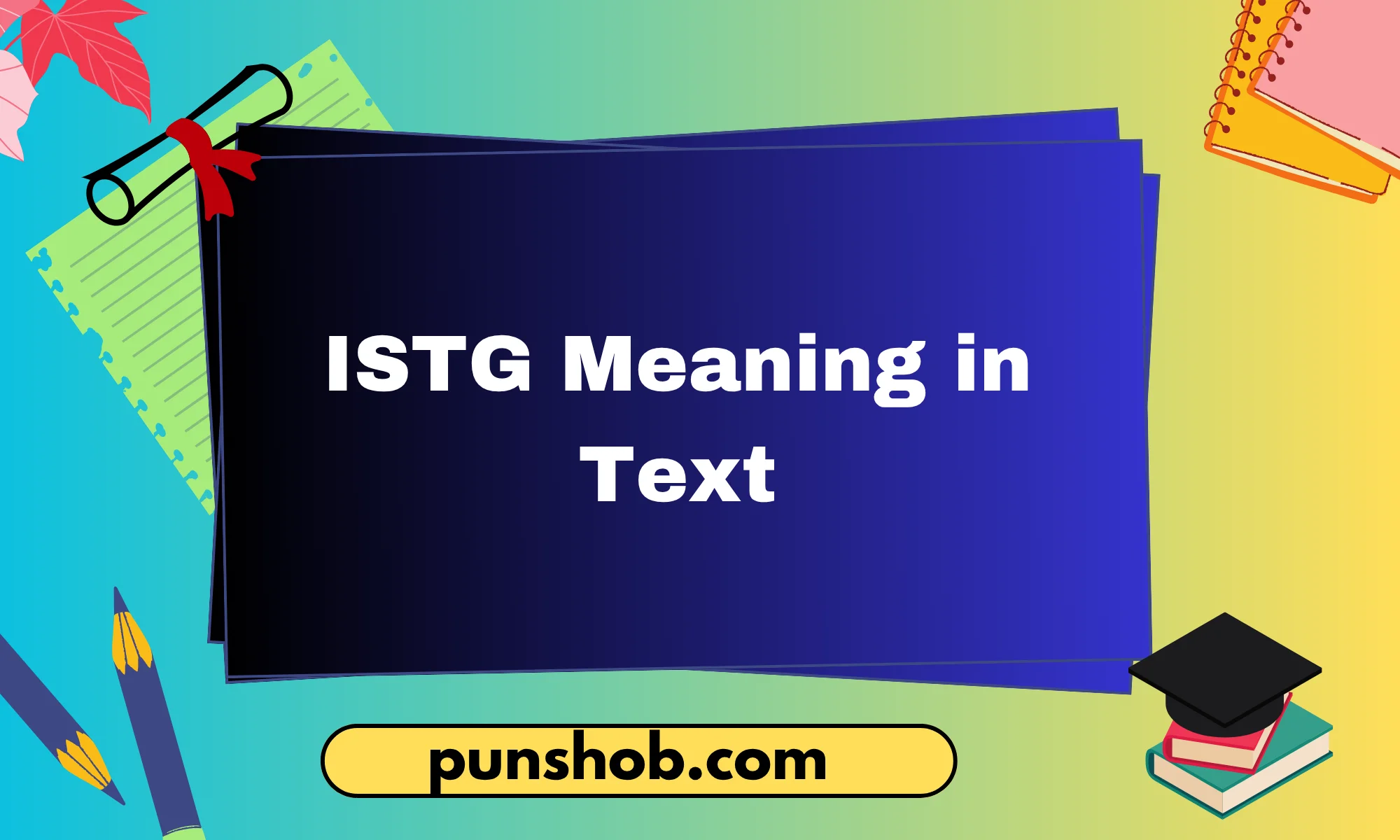
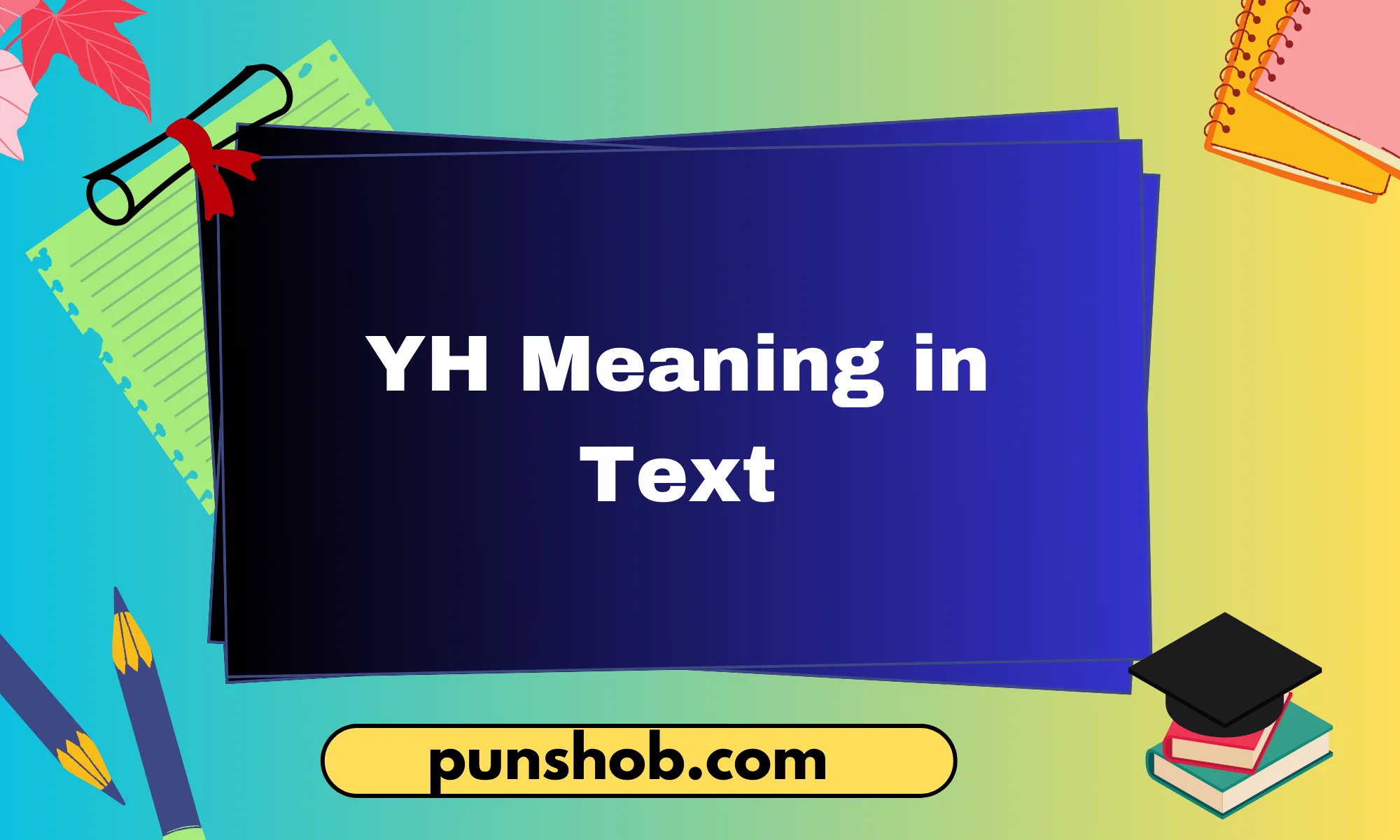
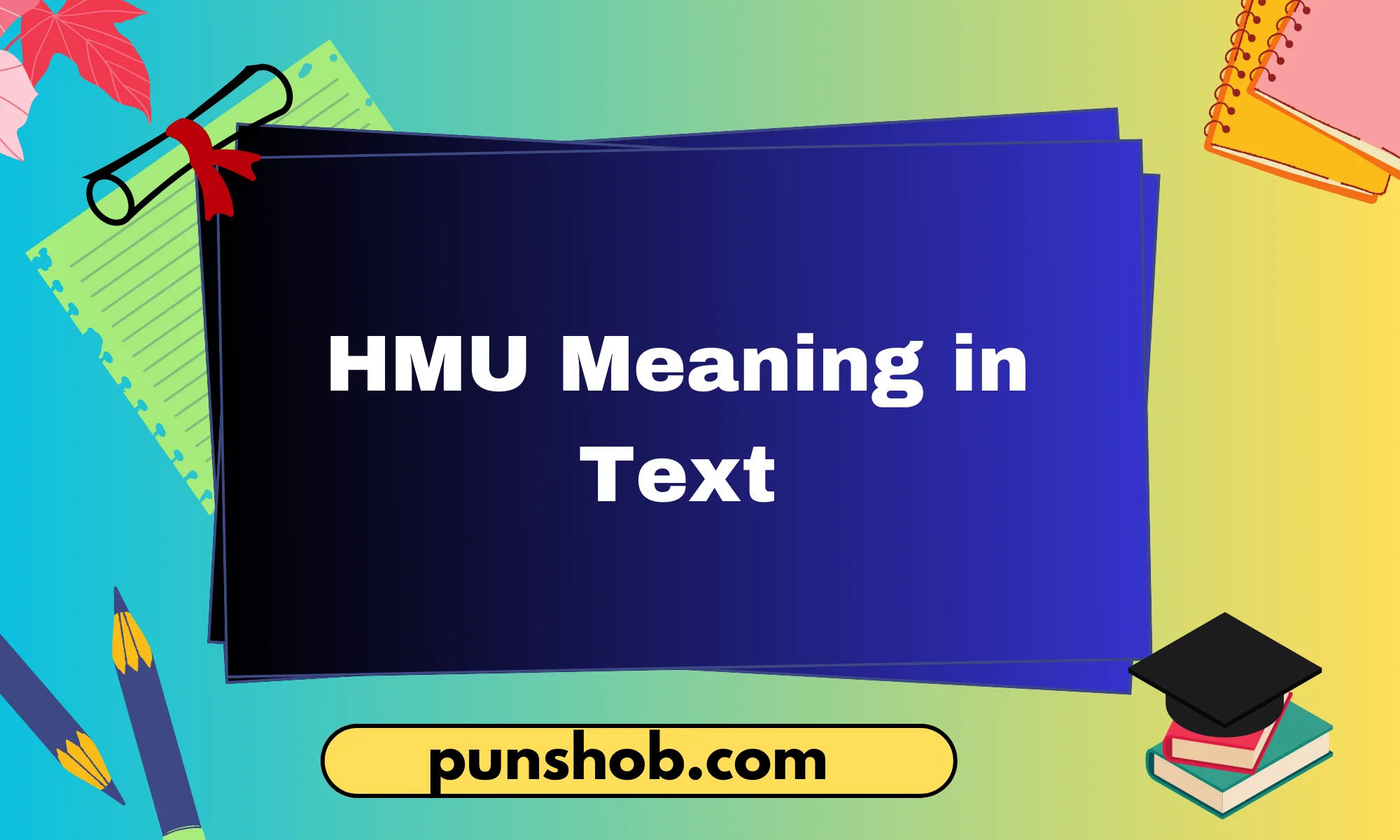
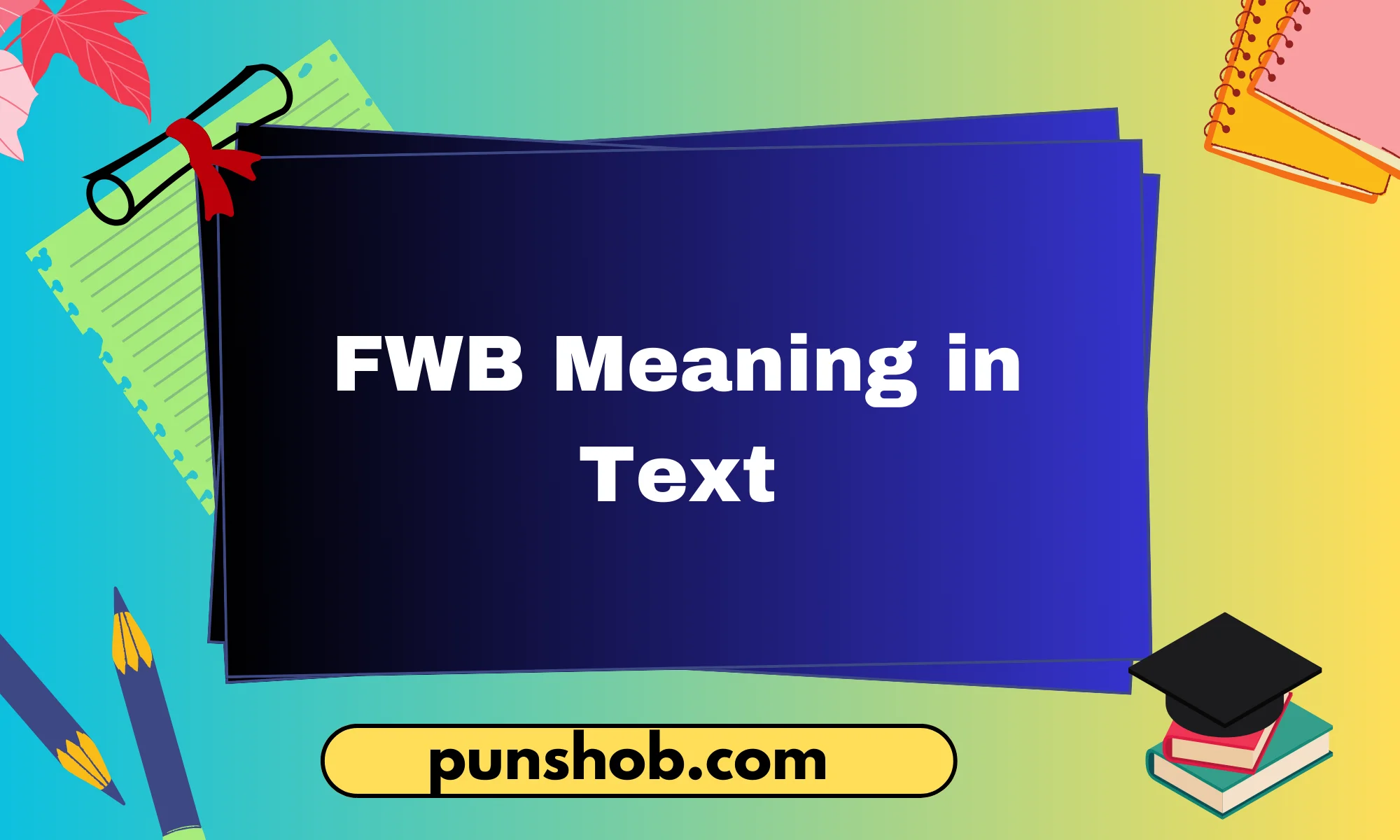
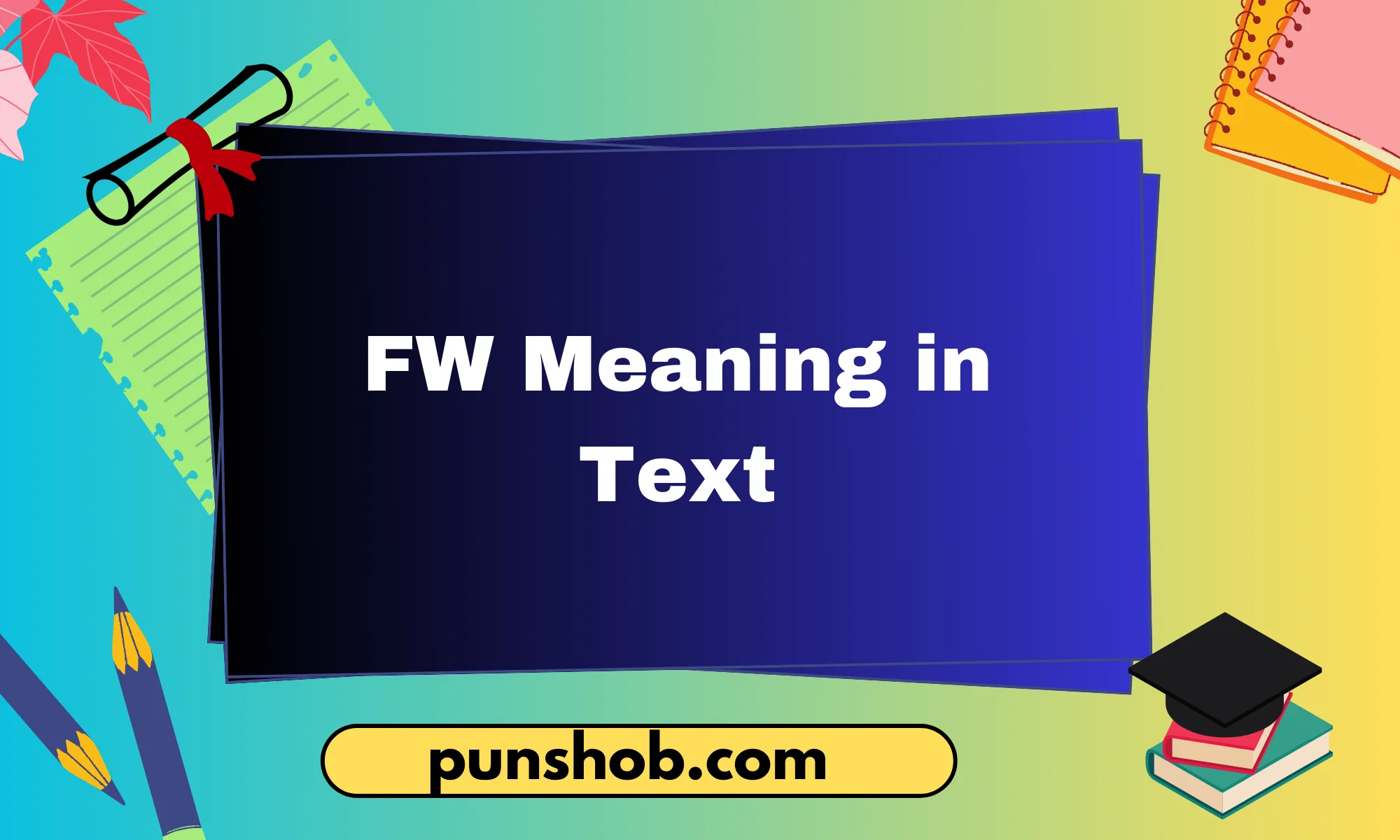

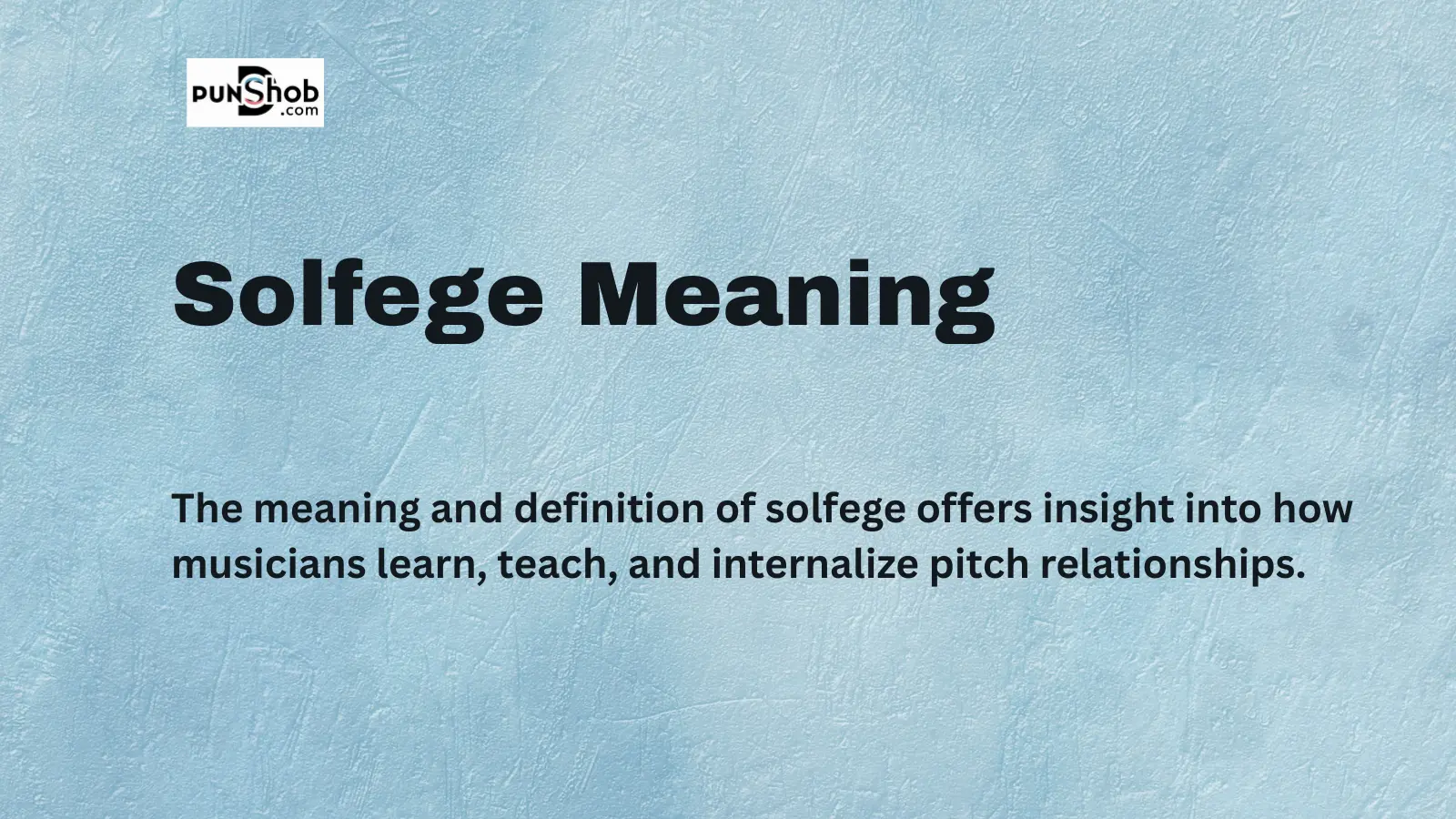

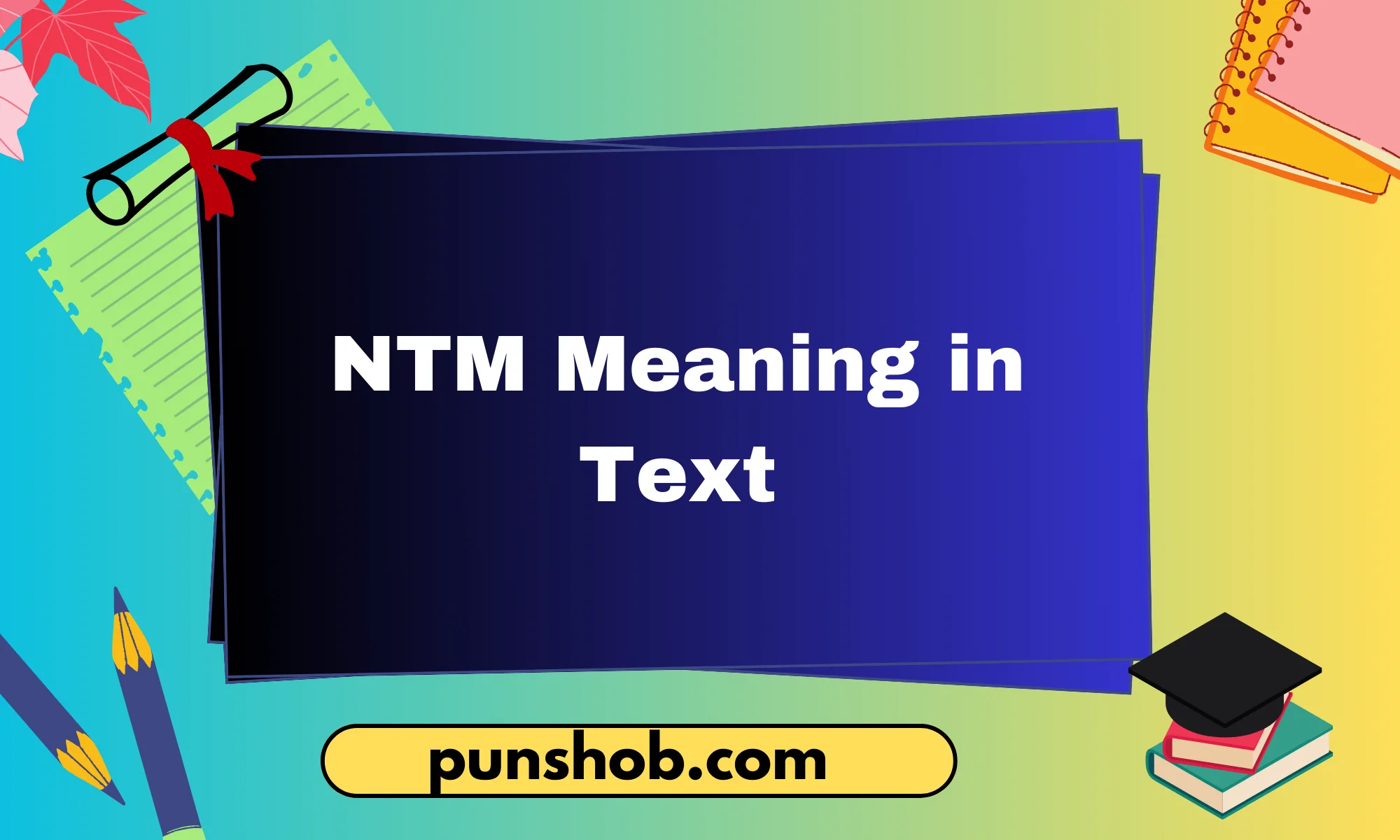
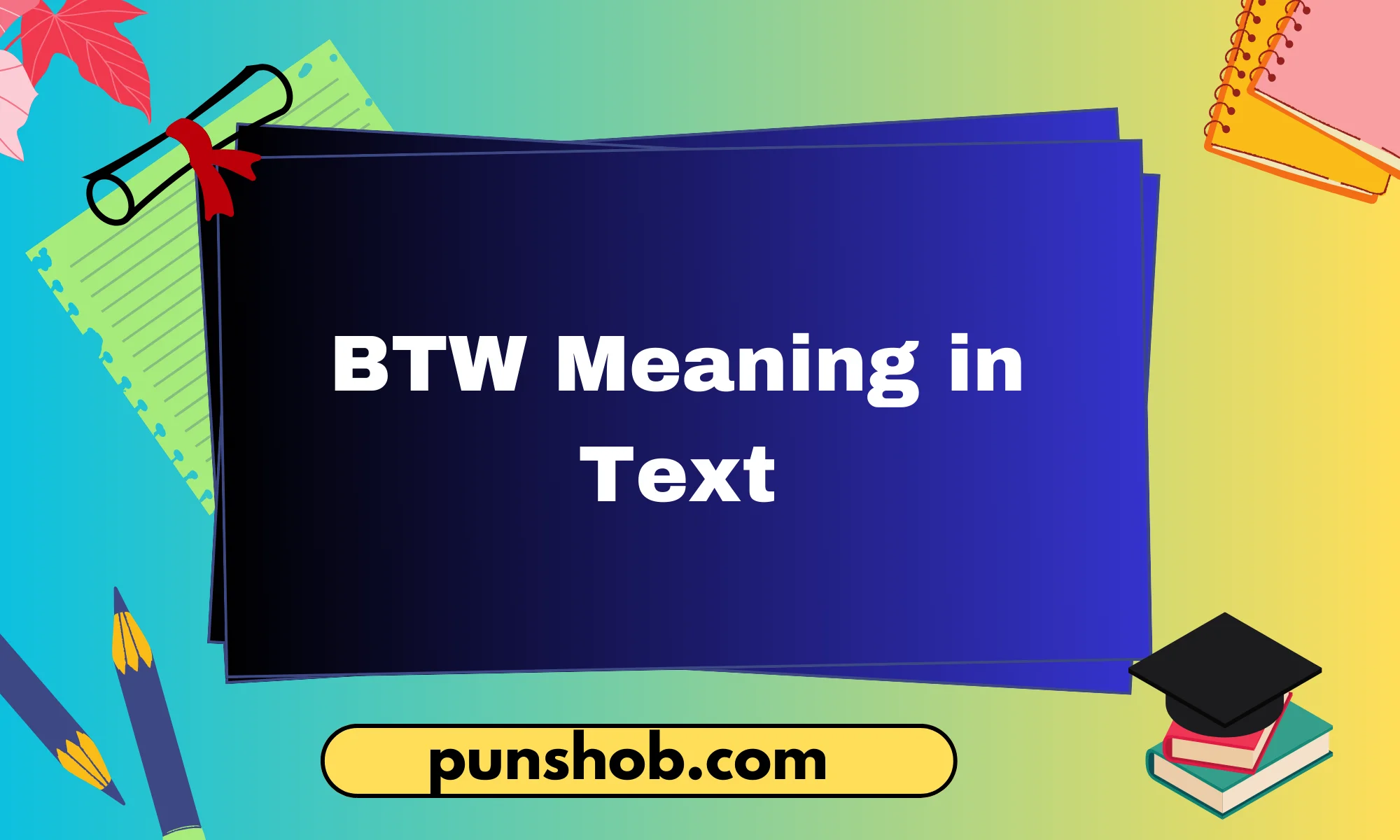
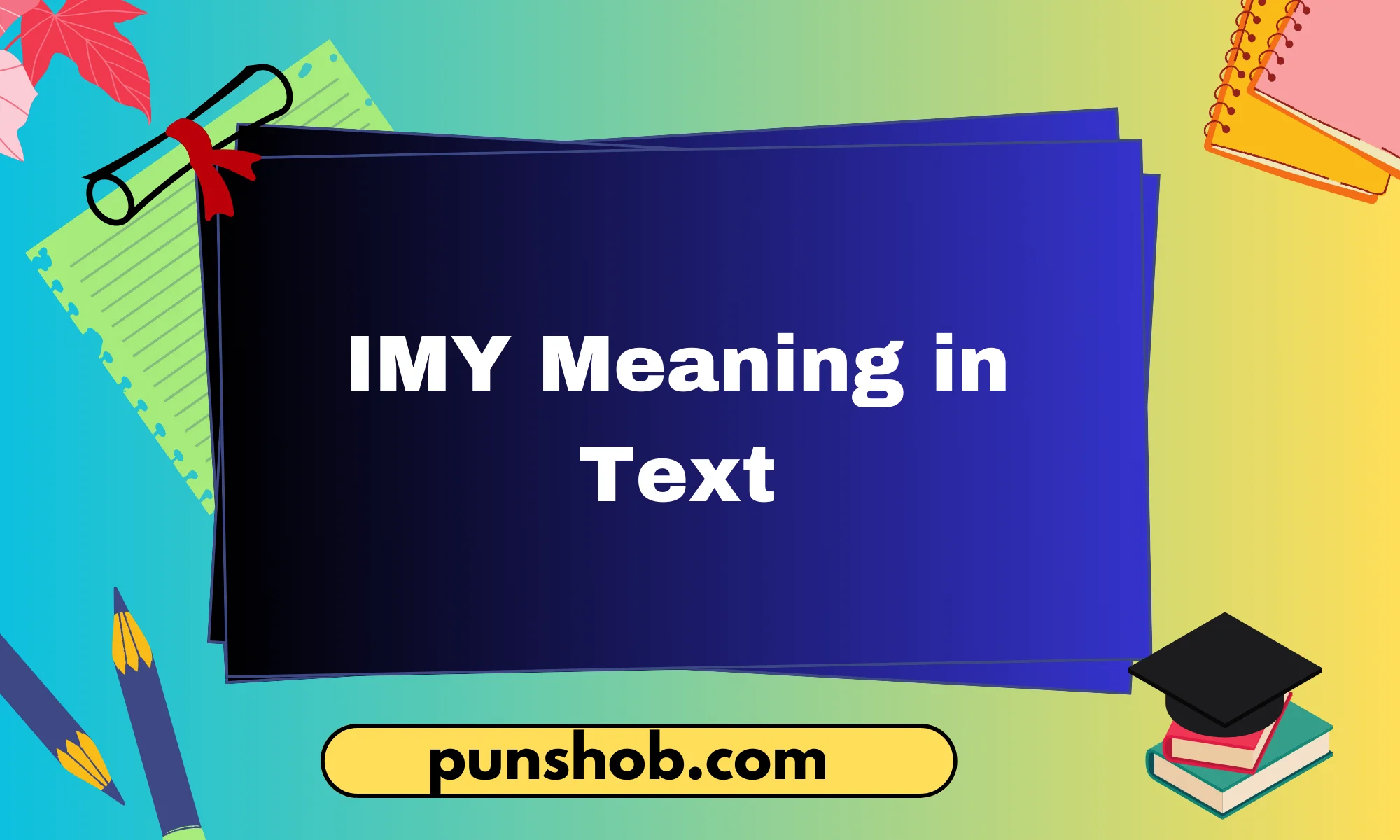
Leave a Reply